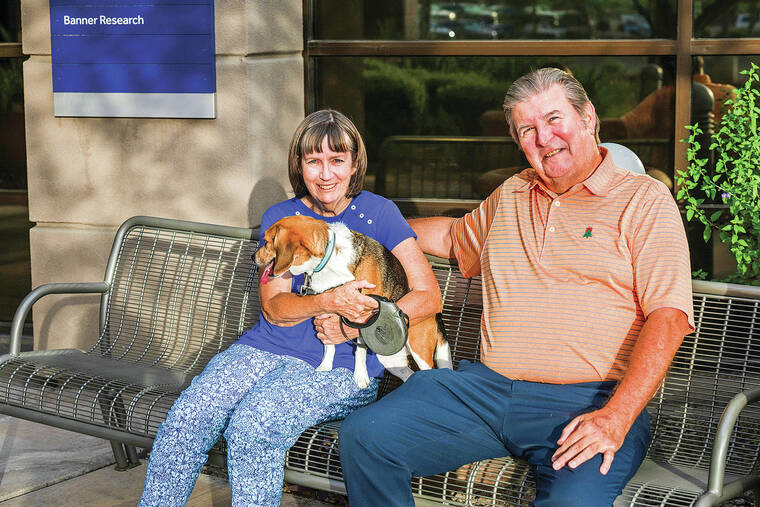New drug approved for early Alzheimer’s slows decline but carries risks
The Food and Drug Administration on Tuesday approved a new drug for Alzheimer’s disease, the latest in a novel class of treatments that has been greeted with hope, disappointment and skepticism.
The drug, donanemab, to be sold under the brand name Kisunla, was shown in studies to modestly slow the pace of cognitive decline in early stages of the disease. It also had significant safety risks, including swelling and bleeding in the brain.
ADVERTISING
Kisunla, made by Eli Lilly, is similar to another drug, Leqembi, approved last year. Both are intravenous infusions that attack a protein involved in Alzheimer’s, and both can slow the unfolding of dementia by several months. Both also carry similar safety risks.
Kisunla has a significant difference that may appeal to patients, doctors and insurers: Lilly says patients can stop the drug after it clears the protein, amyloid, which clumps into plaques in the brains of people with Alzheimer’s.
“Once you’ve removed the target that you’re going after, you then can stop dosing,” said Anne White, an executive vice president of Lilly and president of its neuroscience division. She said that this could reduce the overall cost and inconvenience of the treatment as well as the risk of side effects.
The company said that 17% of patients receiving donanemab in the 18-month-long clinical trial were able to discontinue the drug at six months, 47% stopped within a year, and 69% stopped within 18 months. Their cognitive decline continued to slow even after they stopped. The company is evaluating how long that slowing will continue past the duration of the trial, said Dr. John Sims, a medical director at Lilly.
The list price for Kisunla will be $32,000 for a course of therapy lasting a year. Leqembi costs $26,000 per year but is not stopped after amyloid is cleared. The higher price, White said, reflects the expectation that the patients can stop Kisunla after their plaques are cleared.
Kisunla and Leqembi are considered only an incremental step in the search for effective Alzheimer’s treatments. Some experts say they may not slow decline enough to be noticeable to patients or families.
And some experts worry that emphasis on anti-amyloid drugs might discourage patients from participating in trials for treatments that could be better.
Dozens of other drugs are in clinical trials for Alzheimer’s, including drugs attacking important features like tau tangles and neuroinflammation.
© 2024 The New York Times Company


